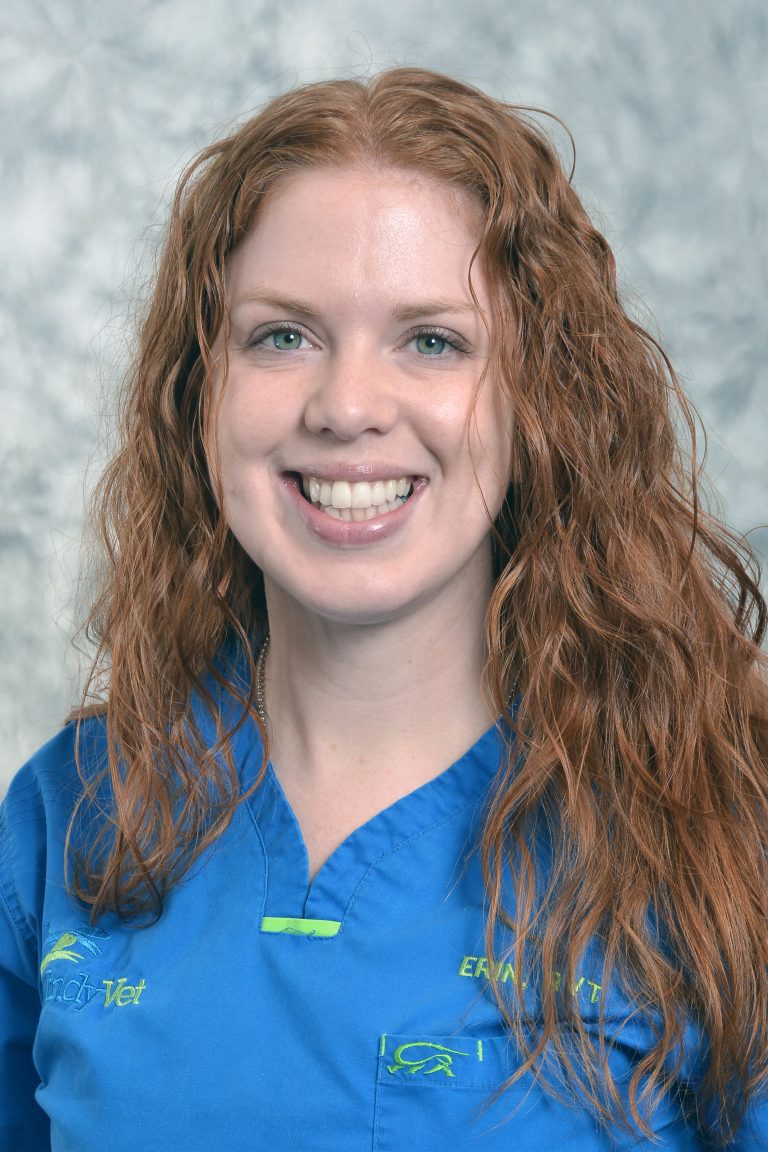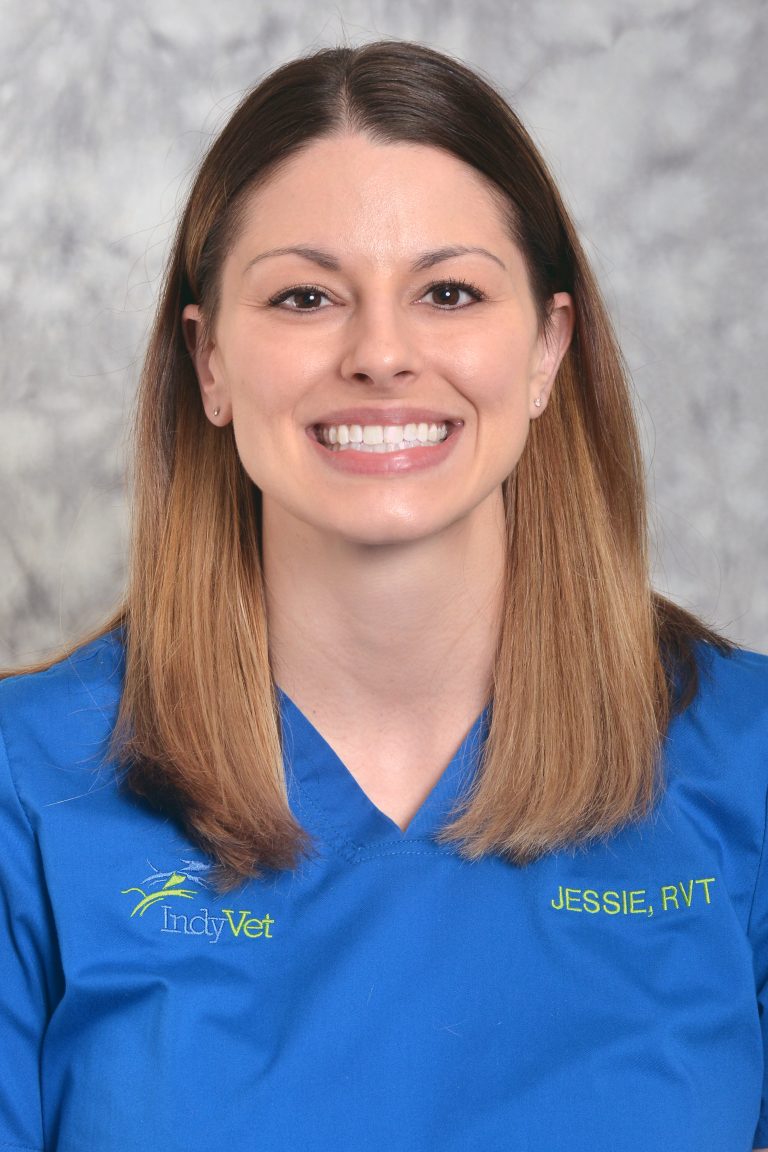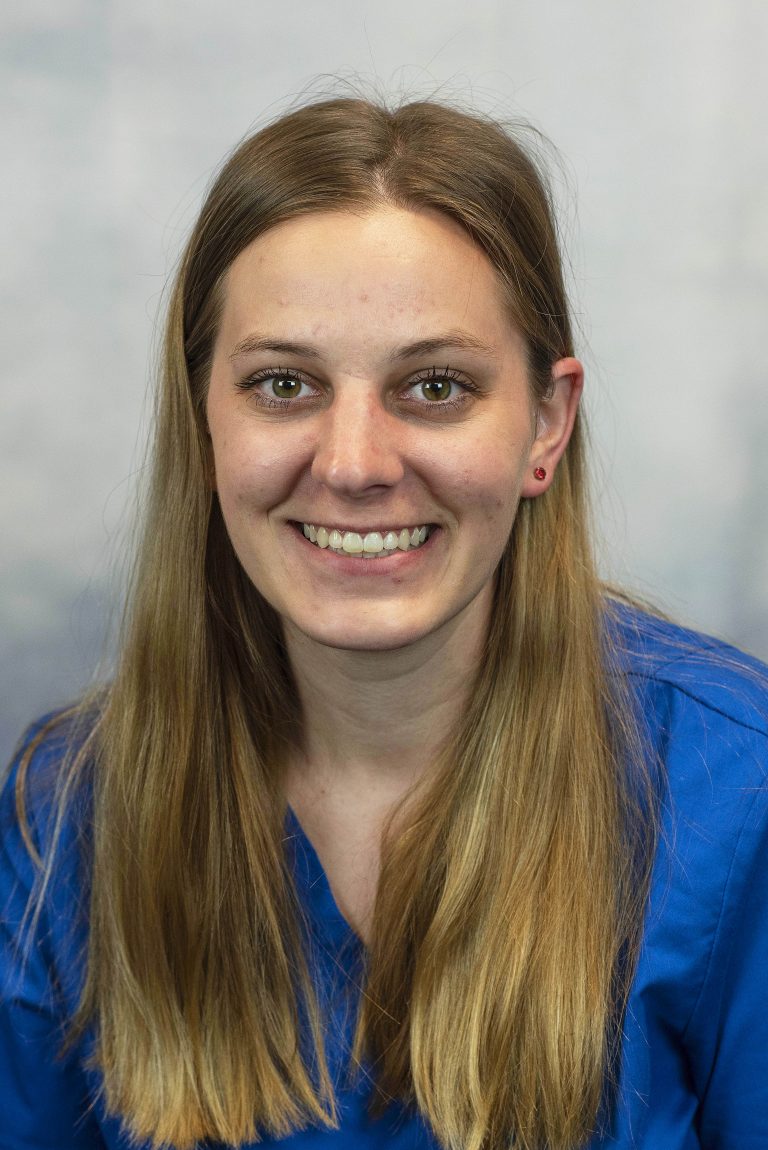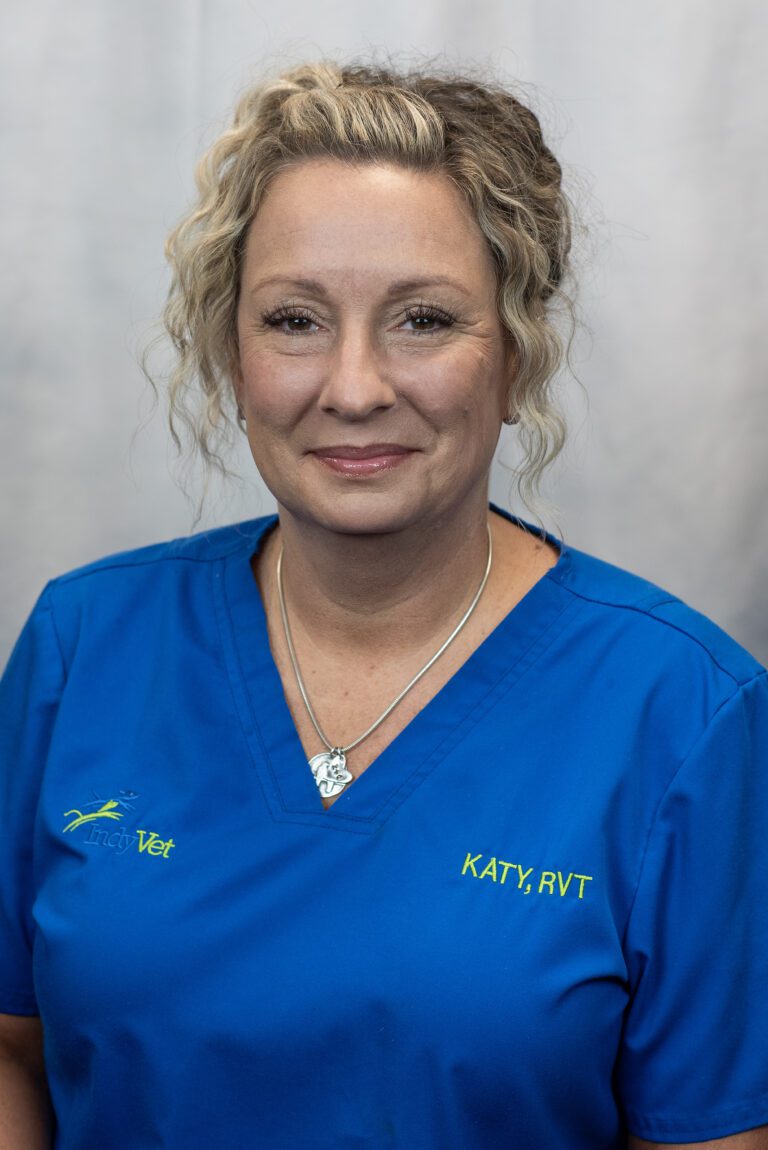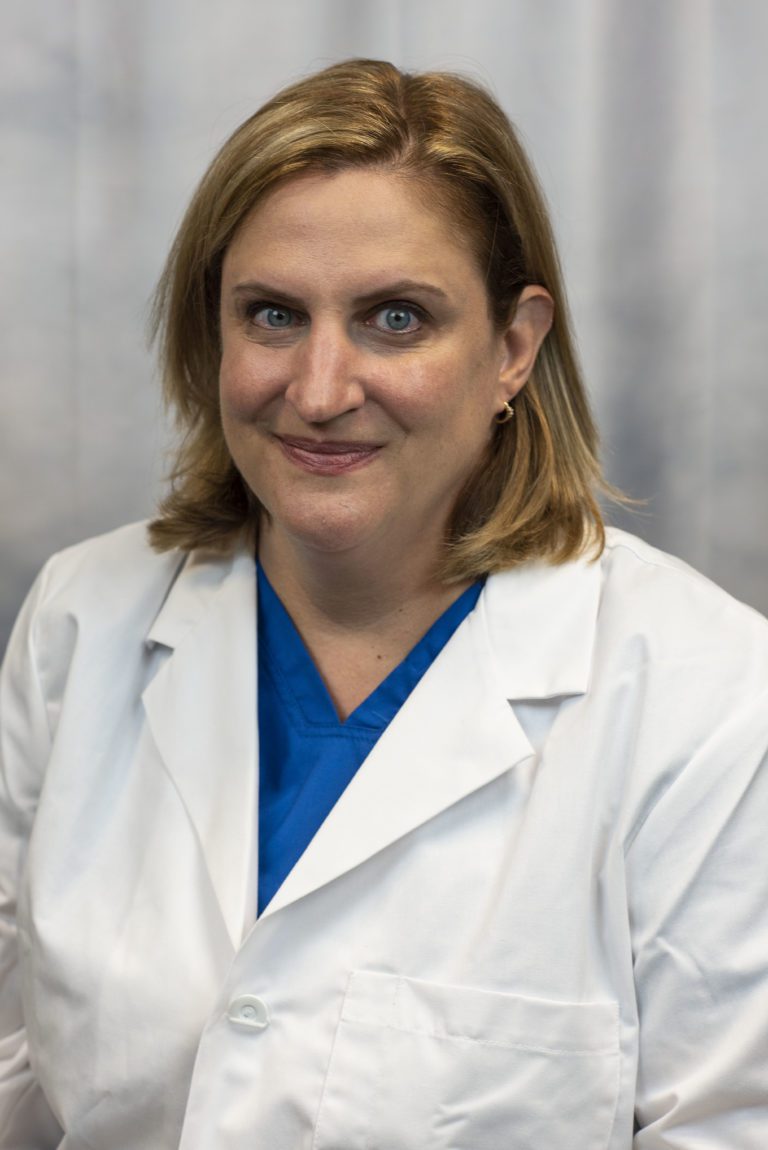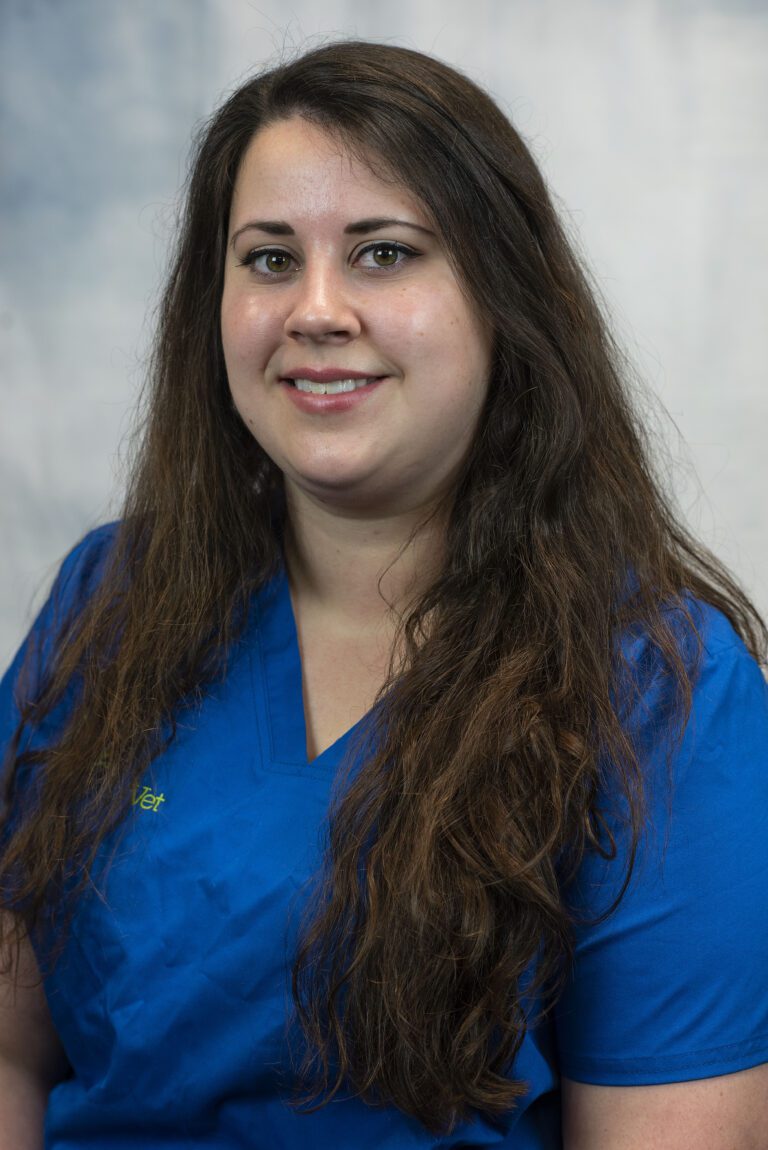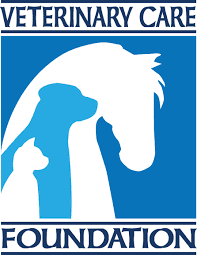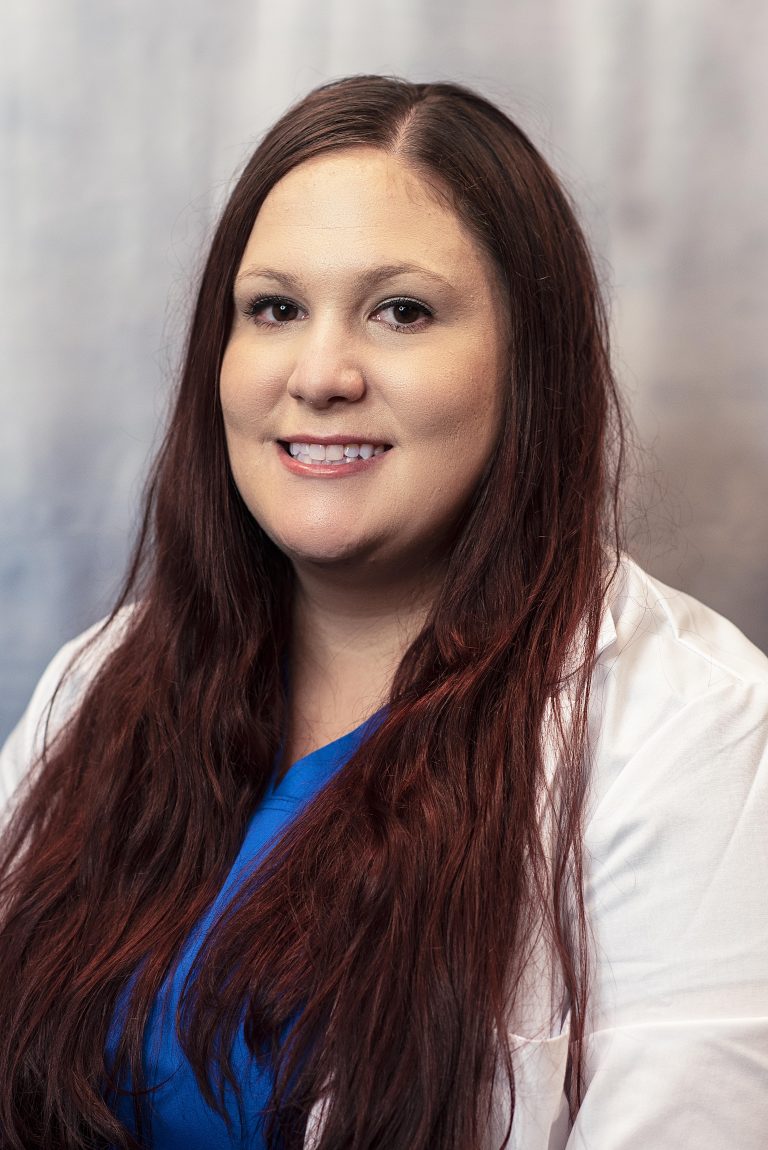
Diagnostic Procedures
- Cerebral spinal fluid (CSF) tap and analysis
- Joint tap and analysis
- Ultrasound guided aspirates and biopsies
- Bone marrow analysis including core biopsies and aspirates
- Continuous Glucose Monitoring (CGM)
Continuous Glucose Monitoring (CGM)
Continuous Glucose Monitoring (CGM) is a technique allowing blood sugars to be measured at home. A simple, non-surgical placement of a probe under the skin allows patients to have blood sugar values automatically collected and recorded for two to three days at home. Clients return on day three to have the implant removed (at no additional charge) and the data is downloaded and analyzed. Blood sugar values that were taken every five minutes plot a sugar curve allowing the identification of intermittent Somogyi phenomena, inappropriate administration techniques, or abnormal blood sugar values occurring during overnight hours. CGM provides a superior assessment of daily insulin activity by allowing normal patient activity at home without the stress of spending a day in the hospital for blood sugar sampling.
CGM is also useful for hospitalized diabetic cases to avoid over- or under-dosing insulin in critical patients. It can reduce the number of blood samples required and may eliminate the need of catheter placement for blood sampling in some patients. This monitoring has become the standard of care for human diabetics and now makes the management of veterinary diabetic patients easier as well.
IndyVet’s highly trained specialists offer the latest technology in both rigid and flexible video-endoscopy. Rhinoscopy, upper GI endoscopy, colonoscopy, cystoscopy, and otoscopy are some of the routine diagnostic procedures performed. Minimally invasive thoracoscopic and laparoscopic examinations are performed for the purpose of thoracic and abdominal biopsies and medical procedures.
Endoscopy Procedures
- Laparoscopy
- Rhinoscopy
- Bronchoscopy
- Cystoscopy
- Upper GI endoscopy (Gastroduodenoscopy)
- Lower GI endoscopy (Colonoscopy)
- Thoracoscopy
Imaging Procedures
- Digital radiography
- Ultrasound
- Computed Axial Tomography (CAT Scans)
- Magnetic Resonance Imaging (MRI)
Ultrasound
Our skilled specialists rely on ultrasound for imaging of the abdomen, pelvic cavity, and thoracic cavity. Ultrasound examination in conjunction with minimally invasive guided needle aspirates or biopsies are a daily occurrence at IndyVet. Tissue or cytology samples obtained with ultrasound guidance can often be done on an out-patient basis, providing rapid and accurate diagnoses.
Computed Axial Tomography (CAT Scans)
IndyVet was the first veterinary hospital to offer in-house Computed Axial Tomography (CAT Scans) in the greater Indianapolis area. Access to high quality transverse imaging allows us to diagnose and treat complex problems associated with the brain, spinal cord, spine, abdominal, thoracic, and pelvic cavities. Our 8 slice per rotation scanner generates extremely fast image acquisition and reconstructions allowing us to perform high-speed studies requiring only sedation rather than anesthesia.
Magnetic Resonance Imaging
IndyVet is one of only two private veterinary hospitals in Indiana to offer in-house high field 1.5T MRI for patients. This imaging technique allows IndyVet to diagnose conditions of the brain, spinal cord, and other organs that cannot be identified with traditional radiography or CT. Having the capability of performing MRI 24 hours daily allows IndyVet to provide the highest level of patient imaging.
Proper nutritional support is critical to the successful management of many acute and chronic diseases. Many ill patients require placement of feeding tubes in order to provide the correctly formulated caloric and protein requirements to hasten their recovery. At IndyVet, nutrition remains an important element of patient care.
Assisted Nutritional Techniques
- IV nutrition (TPN or PPN)
- Stomach feeding tubes (endoscopically placed)
- Esophageal feeding tubes
